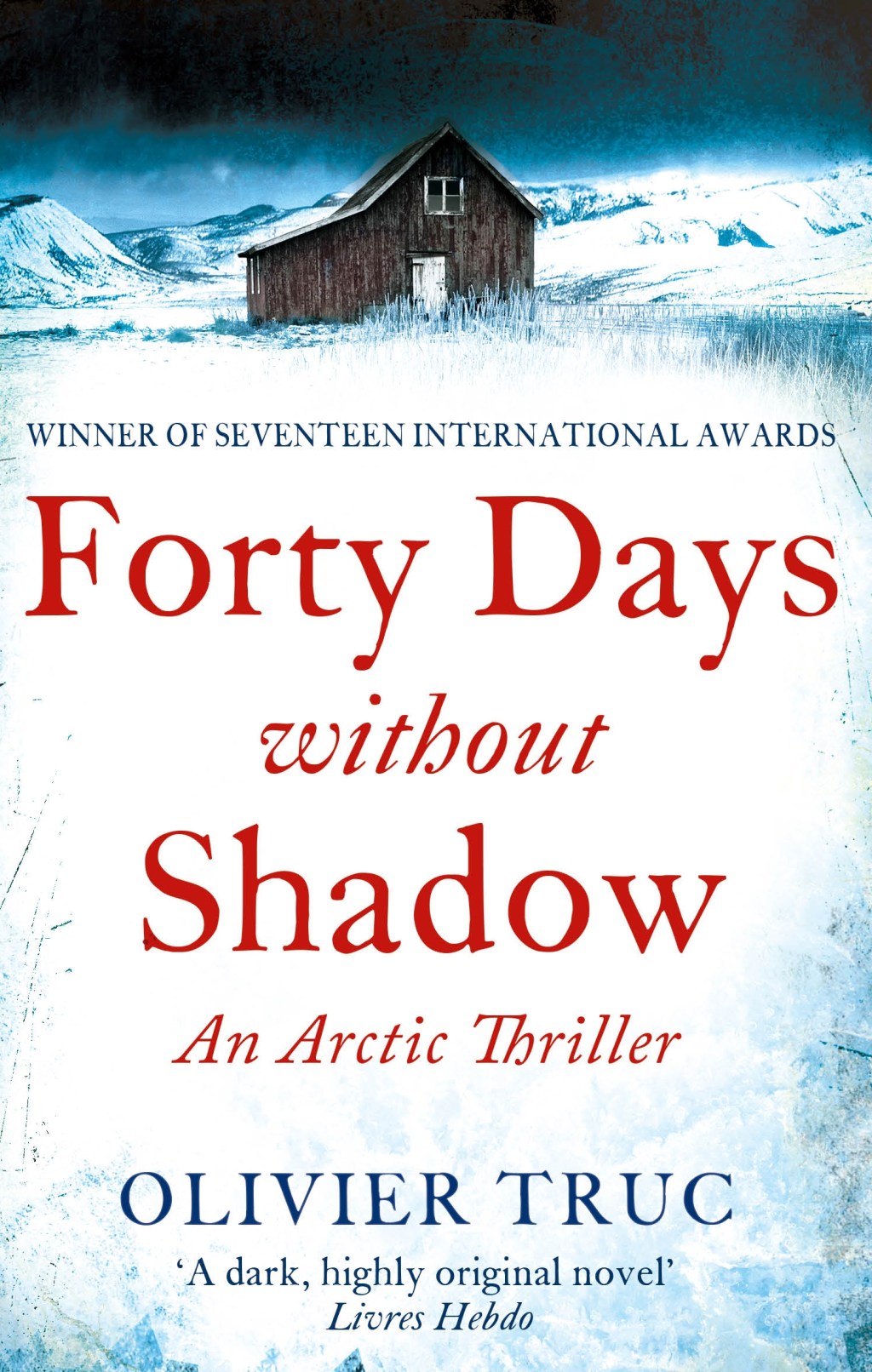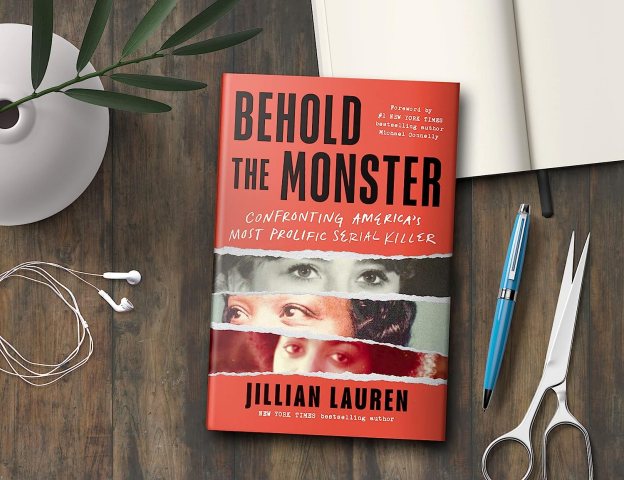An Arctic Thriller: Olivier Truc on Lapland, Sami Culture and Reindeer Police

Olivier Truc’s Arctic thriller, Forty Days Without Shadow, has won seventeen international crime writing awards. Read on to find out what inspired French-born Olivier to set his debut novel in Lapland.
international crime writing awards. Read on to find out what inspired French-born Olivier to set his debut novel in Lapland.
‘When I arrived in Sweden in 1994, I knew absolutely nothing about life in Scandinavia, nothing about the culture or the history. I was there because I had met a Swedish woman, and she was the only thing that interested me! But, as a journalist, I quickly realized that my ignorance was an advantage, because I had no preconceived ideas whatsoever. Absolutely everything was new to me, and I absorbed it all like a sponge, discovering all the wonderful aspects of Scandinavian culture.
Not long after my arrival in Sweden, one of the first elections was held for the Sametinget, the Sami parliament of Sweden. A voting office was installed at the Stockholm city hall for the Sami who lived there.
I was curious about it, so I went to interview the voters. I met a young Sami student who told me that she was voting for a certain party because of their stance on land rights for the ancestral Sami territory. She came from a family of reindeer herders who used the land as pasture, but they were struggling against a mining company that wanted to prospect there. She invited me to visit her family in Sápmi so that I could see it all for myself. This was my first contact with the Sami.
It was at this time that I discovered a darker side of Nordic society, one in which certain injustices had continued for decades, thanks to an implicit racism and imperialist attitude—something that one could scarcely imagine surviving in this forward-thinking country. This new awareness influenced my understanding of the Sami from that moment on. I’ve never viewed them as an exotic folk culture, the way they’re often depicted in magazines, but rather as a people at war, equipped with insufficient weapons, and battling for their very existence against a more powerful foe. And in the light of their struggle for survival, it’s exasperating for them when they’re represented merely as the token indigenous people, wearing brightly colored costumes, tending to Santa’s reindeer. Now that I had a deeper insight into their plight, I wanted to share it with the world—although I hadn’t yet figured out the best way to do that.
Several years later, I learned for the first time about the “reindeer police,” a special unit in northern Norway tasked with settling conflicts that arise from reindeer herding. I realized that, by following these special police units, I could show the way of life in Sápmi from a unique, accessible perspective. I wrote several articles about the reindeer police for Liberation, and later produced a television documentary about them. For two months, I followed these police officers on their patrols, on snowmobiles during the snowy winter, spring, and autumn weeks, learning everything I could about their lives and their work with the reindeer herders. At the same time, I was doing intensive research into the culture of this region of the remote north, writing articles about different aspects of the community and the economy there. I listened to stories that I never would have heard in Stockholm or Oslo, stories that showed me an entirely different side of Scandinavia.
And, finally, after all the people I had met, and all the stories I had seen and heard, I was left with no choice but to write it all down.’
Click here to find out more about Forty Days Without Shadow and to watch an interview with Olivier.
Forty Days Without Shadow
by Olivier Truc
Winter is savage and cold in Lapland. When a priceless local relic is stolen from Kautokeino, a village in the middle of the isolated snowy tundra, detectives Klemet Nango - a familiar face in the rural community - and Nina Nansen, fresh out of the local police academy, are called to investigate.
There are just a few days until the locals will host a UN conference on indigenous peoples, and Klemet and Nina are under pressure to retrieve the artefact. When a local reindeer herder is found brutally murdered soon afterwards, Klemet and Nina immediately suspect that the two events are linked. But the villagers don't take too kindly to having their secret histories stirred up and the duo is forced to cross the icy landscapes alone in search of the answers that will lead them to a killer.
Set in an alternately savage and dreamlike Lapland, this compelling, award-winning thriller tells the story of a native people fighting to keep their culture alive in a modern world of ruthless destruction.







